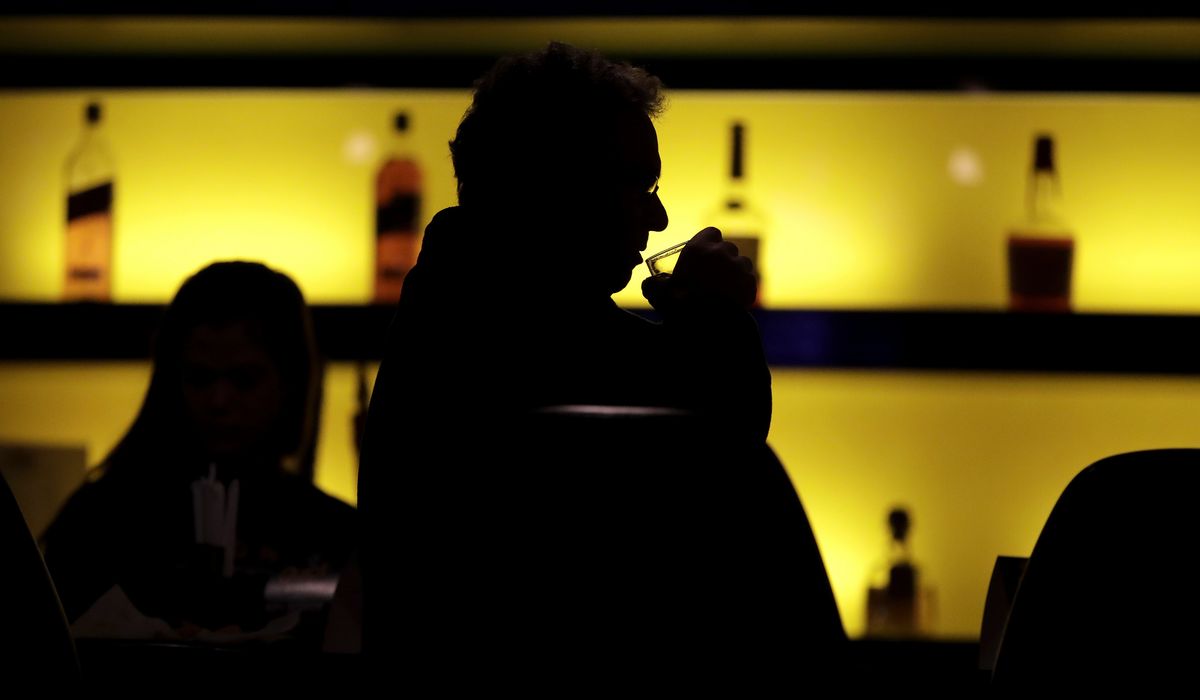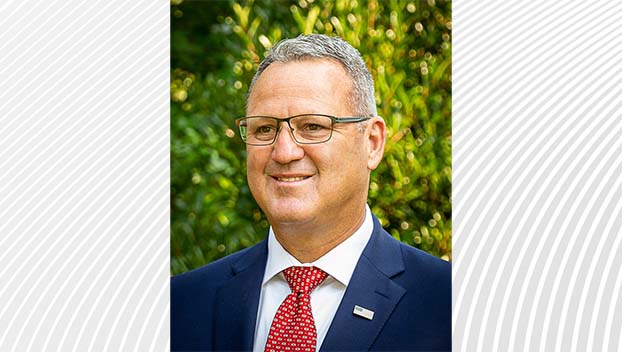The number of Americans dying from alcohol-related causes jumped 26% in the first year of the COVID-19 lockdown, the sharpest annual increase in 20 years, according to federal data released Friday.
The age-adjusted rate of alcohol-related deaths jumped from 10.4 per 100,000 people in 2019 to 13.1 in 2020, according to the Centers for Disease Control and Prevention.
The 26% jump was significantly higher than the annual increase of 7% or less reported from 2000 to 2018, according to a summary from the CDC’s National Center for Health Statistics.
Dr. Panagis Galiatsatos, a physician at the Johns Hopkins School of Medicine, said government officials should be “more aware of the unintended consequences” of future health emergencies.
“Mental health has been affected by the pandemic, and excessive alcohol consumption is a result of mental health problems,” Dr Galiatsatos said.
According to the CDC, from 2009 to 2020, alcohol-related deaths overall increased by 30%.
Alcoholic liver disease was the most common cause of alcohol-related death, followed by alcohol-related mental and behavioral disorders.
Deaths from alcoholic liver disease jumped 23% from 2019 to 2020, as well as 33% from alcohol-related mental and behavioral disorders. The rate jumped 50% for acute alcohol-induced pancreatitis, a less common cause of death.
According to experts, the spike in alcohol-related deaths during COVID was partly due to the fact that alcohol-related liver disease weakens the immune system.
“It is also known that COVID-19 itself is more severe in those with alcoholic liver disease,” said Dr. Amesh Adalya, an infectious disease specialist and senior fellow at the Johns Hopkins Health Center.
The CDC found that alcohol-related death rates increased with age, peaking in the 55-64 demographic for both men and women before declining again.
This suggests that alcoholism has had a greater impact on older Americans who spent the first months of the pandemic quarantine alone, according to mental health experts.
“The pandemic has created a perfect storm where issues such as excessive fear, social isolation and feelings of helplessness have caused both anxiety and depression,” said Michael Adams, a clinical psychologist in Boca Raton, Florida. “Many people turned to alcohol to cope with their psychological response to the virus.”
Mr Adamse said increased public announcements, outreach from programs such as Alcoholics Anonymous and alternative stress management strategies would help slow the alcohol-related death rate.
Clinical psychologist Thomas Plant, a member of the American Psychological Association who teaches at Stanford University and Santa Clara University in California, said the easing will not come soon.
“Unfortunately, we live in very difficult times where all around us are facing mental health and behavioral problems related to stress, anxiety, depression, suicidality and substance abuse. If we don’t fix this, we are likely to lose many more lives to alcohol and other stress-related behaviors.”







